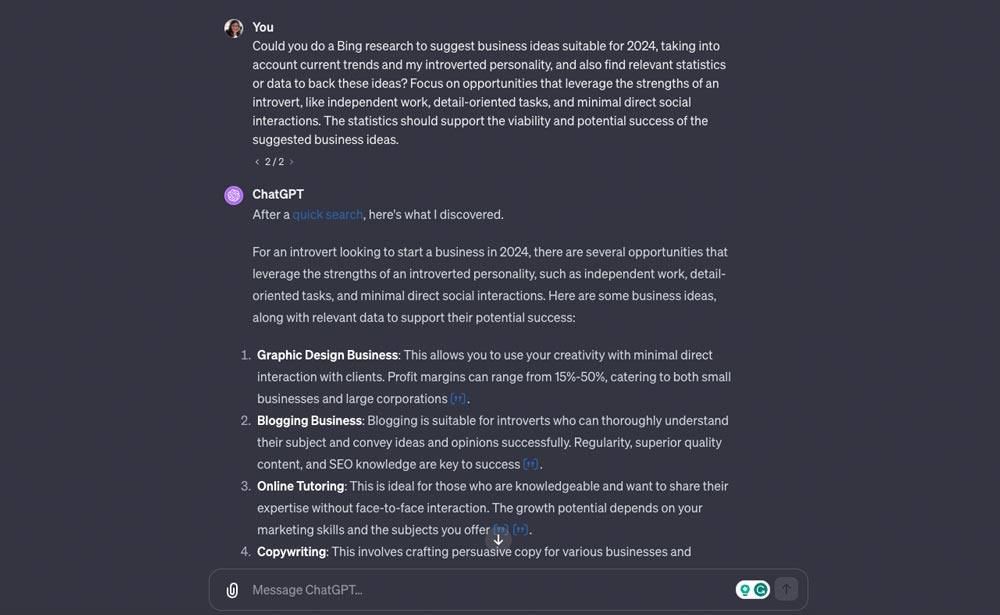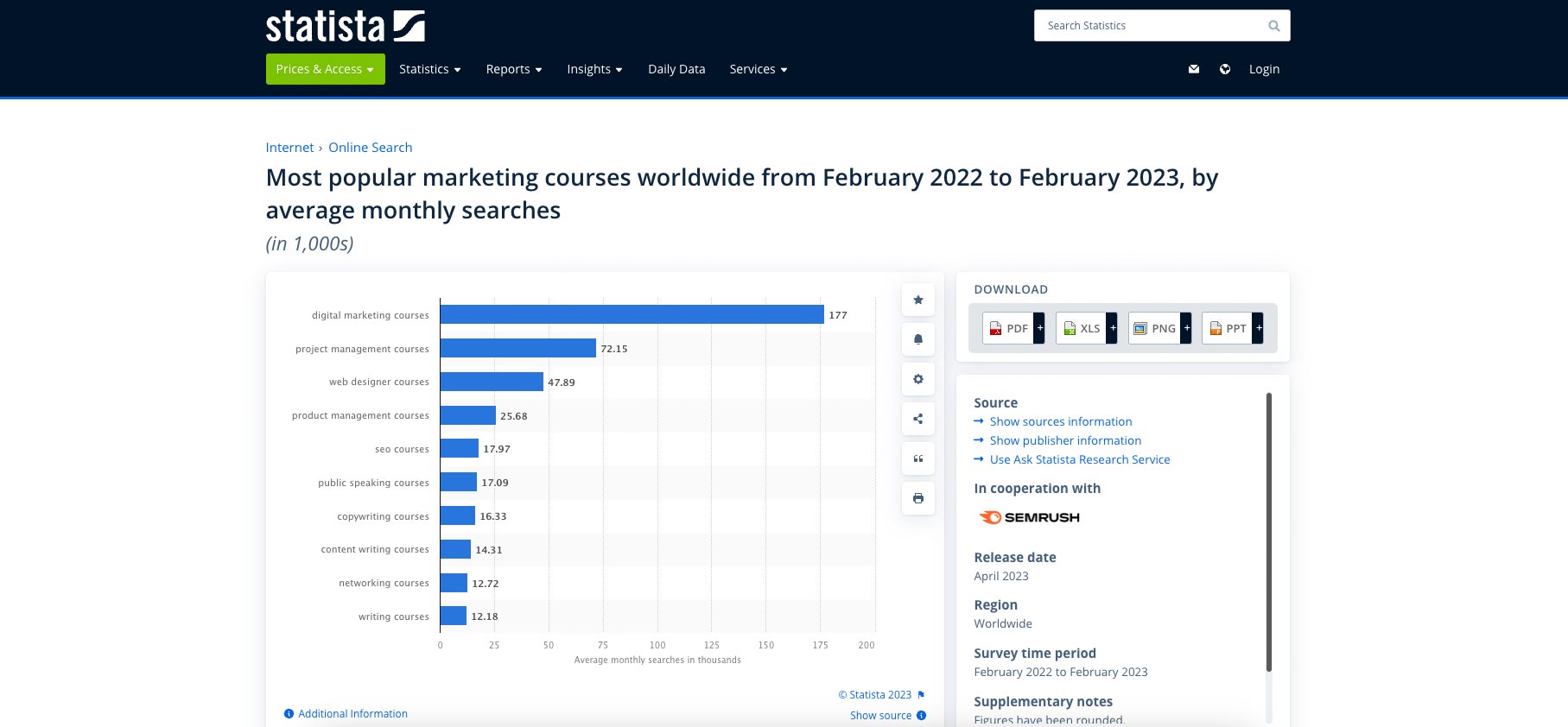Starting an online business can seem like a daunting task, especially if you’re working with a tight budget or, in some cases, no money at all. However, with a strategic approach and a well-thought-out business plan, it’s entirely possible to launch a successful online venture in no time.
In this article, we’ll guide you through simple, actionable steps to bring your business ideas to life, emphasizing the ease and feasibility of starting an online business from the comfort of your home.
Step 1: Identify Your Business Idea
The first step is brainstorming business ideas. This can be as simple as looking at your skills, hobbies, or problems you face in daily life that need solutions. Consider areas where you have expertise or a unique perspective.
It’s also crucial to reflect on your personality and how it aligns with potential business models. For example, introverts might prefer online businesses with less direct customer interaction, while those who dislike routine may seek opportunities with delegation possibilities.
A study on startup success underscores the importance of aligning your business choice with your personality, showing that certain personality traits can significantly influence entrepreneurial success.
Additionally, embrace technology and innovation in your search for business ideas. Tools like Google Trends or AI platforms like ChatGPT can assist in identifying current trends and less obvious niches, providing insights into consumer behavior and emerging markets.

Step 2: Conduct Market Research
After settling on an idea, dive into market research. This includes analyzing competitors, understanding market demands, and identifying potential gaps your business could fill. Traditional methods like conducting surveys and studying competitors can provide a solid foundation for your understanding.
You can also leverage the power of social media and online analytics. Platforms like Statista (data provider), social media sentiment analysis, and online forums can offer real-time insights into consumer preferences and emerging trends.

Step 3: Define Your Target Audience
A clear understanding of your target audience is crucial. Start by defining basic demographics like age, gender, location, and income level. This helps in tailoring your products, marketing efforts, and overall business strategy.
Go beyond basic demographics. Explore niche online communities, social media groups, and forums where your potential customers might interact. Reddit is one of the best places to delve deep into specific interests, offering a wealth of subreddits dedicated to virtually every topic imaginable.
Understanding your potential customers’ preferences, pain points, and hobbies can help in creating targeted and effective marketing strategies.
Step 4: Create a Business Plan
A comprehensive business plan is your roadmap. It should detail your business objectives, strategies for marketing, operations, and financial projections. This plan acts as a guiding document for your venture and is essential for attracting investors or securing loans.
Incorporate elements in your business plan that set you apart. This could include a focus on sustainability, a cutting-edge digital marketing strategy, or plans for scaling your business using emerging technologies.
Step 5: Choose a Business Name and Domain
Your business name is a critical aspect of your brand identity. It should be catchy, memorable, and reflect your business’s essence. Once you decide on a name, ensure the domain name is available to maintain brand consistency across your online presence.
Think creatively and globally. The name should be easy to pronounce and remember, even in different cultural contexts. Tools like business name generators can spark creativity and help you find something unique.
Here are some recommended hosting and domain service providers.
Step 6: Register Your Business and Obtain Necessary Permits
Select the appropriate legal structure for your business, such as an LLC, sole proprietorship, or partnership. This decision impacts taxes, liability, and other legal aspects. Obtain any necessary permits or licenses to operate legally.
Understand the legalities specific to online businesses, especially if you’re dealing with international customers. This might include e-commerce laws, data protection regulations, and tax obligations.
Step 7: Set Up Your Website
Your website is often the first point of contact with customers. It should be user-friendly, aesthetically pleasing, and optimized for search engines and users. Include clear information about your products or services, contact details, and a compelling call to action.
Incorporate modern web technologies like AI chatbots for customer service, interactive elements for user engagement, and mobile optimization to ensure a seamless experience across devices.
Consider exploring these website builders:
Step 8: Develop Your Product or Service
Whether you’re selling a physical product or a service, focus on quality and uniqueness. Research your competitors and find ways to differentiate your offerings. If you’re in the eCommerce space, consider aspects like packaging, shipping, and after-sales service.
Engage with your target audience early in the product development phase. Use surveys, social media polls, or beta testing to gather feedback and make necessary adjustments. This collaborative approach can build a loyal customer base even before launch.
Step 9: Implement eCommerce and Payment Systems
Choose an eCommerce platform that suits your business model and customer needs. Options range from plug-and-play solutions like Duda and Shopify to more customizable platforms like WordPress. Ensure it’s user-friendly, scalable, and secure.
Offer a range of payment options to cater to different customer preferences. This includes traditional methods like credit cards and newer options like digital wallets, PayPal, and even cryptocurrencies for tech-savvy customers.
Step 10: Plan Your Marketing and SEO Strategies
Develop a comprehensive marketing plan that encompasses both digital and traditional marketing channels. This includes social media marketing, content marketing, email campaigns, and pay-per-click advertising. Tailor your messaging to resonate with your target audience.
Experiment with innovative marketing strategies like influencer partnerships, video marketing, or immersive experiences using augmented reality. These tactics can help your brand stand out in a crowded online marketplace.
Step 11: Launch Your Business
Your business launch should make a strong impression. Plan a launch strategy that combines traditional methods like press releases with creative approaches like hosting a virtual launch event or a social media campaign.
Step 12: Monitor, Analyze, and Adapt
Post-launch, it’s vital to monitor your business’s performance closely. Use analytics tools to track sales, website traffic, and customer engagement. Regularly gather customer feedback to understand their experience and expectations.
The online business landscape is dynamic. Be ready to adapt your strategies based on customer feedback, market trends, and technological advancements. Continuous learning and flexibility are key to sustaining and growing your business.









